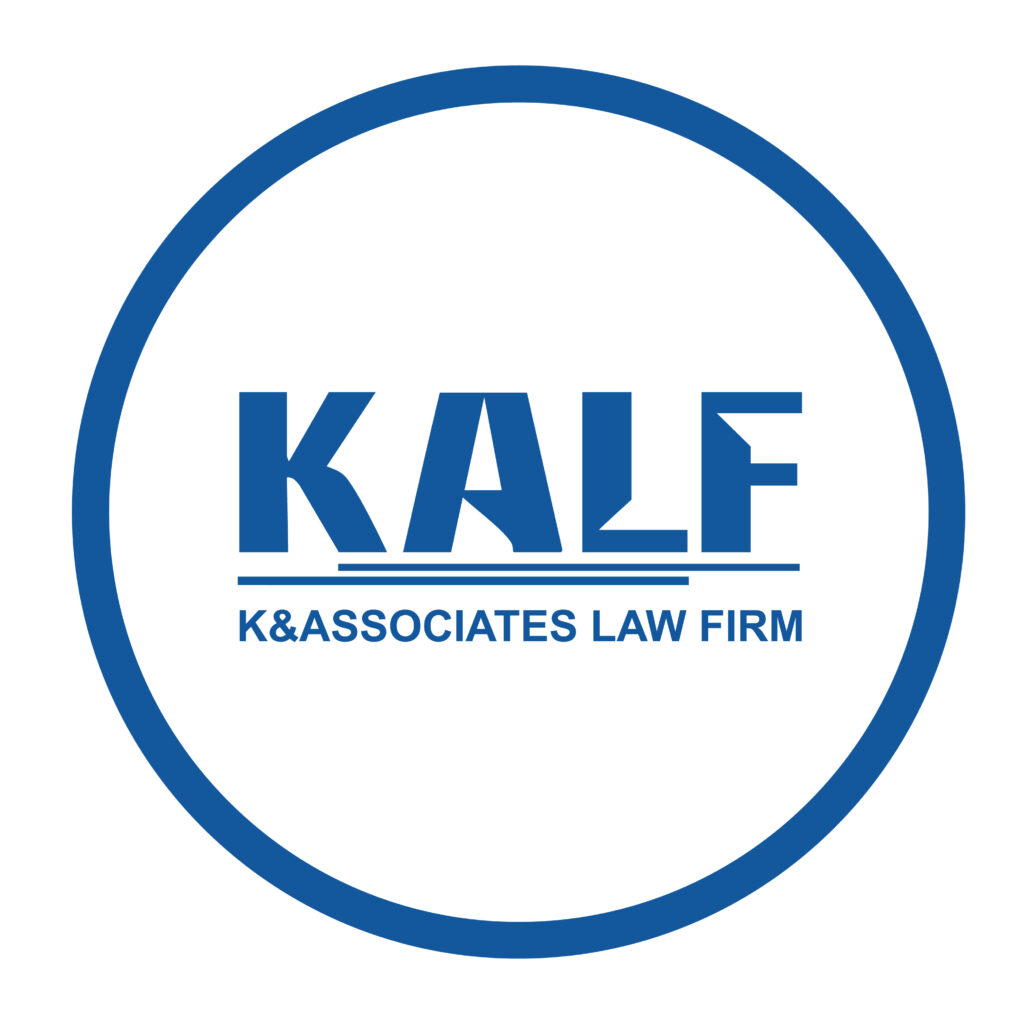The corporate governance framework must recognize the rights of stakeholders as stipulated by law or contractual relationship and must encourage active cooperation between the company and stakeholders in creating assets, jobs and financial stability for the business.
-
Ensure the legal rights of parties with related interests
The assurance of legal rights of parties with interests related to public companies is stipulated in Article 25 of Circular 121/2012/TT-BTC regulating corporate governance applicable to public companies issued by the Minister of Finance as follows:
1. A public company must respect the legitimate interests of parties with interests related to the company including banks, creditors, employees, consumers, suppliers, the community and others with interests related to the company.
A public company needs to actively cooperate with persons with interests related to the company through:
a) Provide necessary information to banks and creditors to help them assess the company’s operation and financial situation and make decisions;
b) Encourage them to give their opinions on their business operations, financial situation and important decisions related to their interests through direct contact with the Board of Directors, the Supervisory Board, the Executive Director (General Director).
Public companies must comply with regulations on labor, environment and operate responsibly to the community and society.
Ensure the legal rights of persons with interests related to public companies specified in Article 27 of Decree 71/2017/ND-CP guiding corporate governance for public companies effective from 01/08/2017 as follows:
- A public company must fulfill its responsibilities to the community and persons with interests related to the company in accordance with current laws and the company’s charter.
- Public companies must comply with the laws on labor, environment and society.
2. Application recommendations
– The Board of Directors needs to ensure there is a formal process in place to identify stakeholders of the company including employees, creditors, customers, suppliers, local communities and important NGOs. The Board should adopt clear, transparent policies for stakeholders with different approaches according to the priority defined for each stakeholder group .
– The Board of Directors should ensure that the company respects the legitimate interests and rights of the parties whose interests have been legislated or committed through contracts. The Board of Directors should set high expectations for interaction with stakeholders and demonstrate commitment to stakeholder participation in the company’s Code of Business Ethics.
– The Board of Directors should prioritize the application of policies and programs for employees, especially policies on occupational safety , welfare and development, so that company employees can actively contribute to the achievement of company objectives and can participate in corporate governance activities.
– The Board of Directors needs to ensure that the company adopts and enforces a strict anti-corruption and anti-bribery policy in its Code of Business Ethics.
– The Board of Directors needs to ensure that the environmental and social requirements of the company are incorporated into the requirements for contractors .
– Based on the stakeholder analysis, the Board of Directors should consider applying:
- Policy to protect the interests of customers;
- The policy prescribes the procedures for selecting suppliers/contractors;
- The policy demonstrates the company’s efforts to ensure its value chain is environmentally friendly or consistent with the promotion of sustainable development;
- The policy demonstrates the company’s efforts to interact with the communities in which it operates;
- Policies on the company’s anti-corruption programs and procedures;
- The policy prescribes how to protect the interests of creditors;
- Policies on occupational safety, welfare and health of company employees ;
- Policy on training and development programs for company employees .
– The Board of Directors should establish and oversee a formal mechanism for workers and other stakeholders to raise their questions and complaints.
– The Board should adopt a transparent and easily accessible communication process to allow:
- Receive and register information from relevant interested parties;
- Evaluate the issues raised and identify ways to respond ; and
- Oncology and record feedback, if any.
Above is the content of KALF’s advice on Related Interest Relations in public companies and some related legal issues. All of our above advice opinions are based on applicable legal provisions. If you have any questions or requests about legal issues, please contact us for timely answers.




